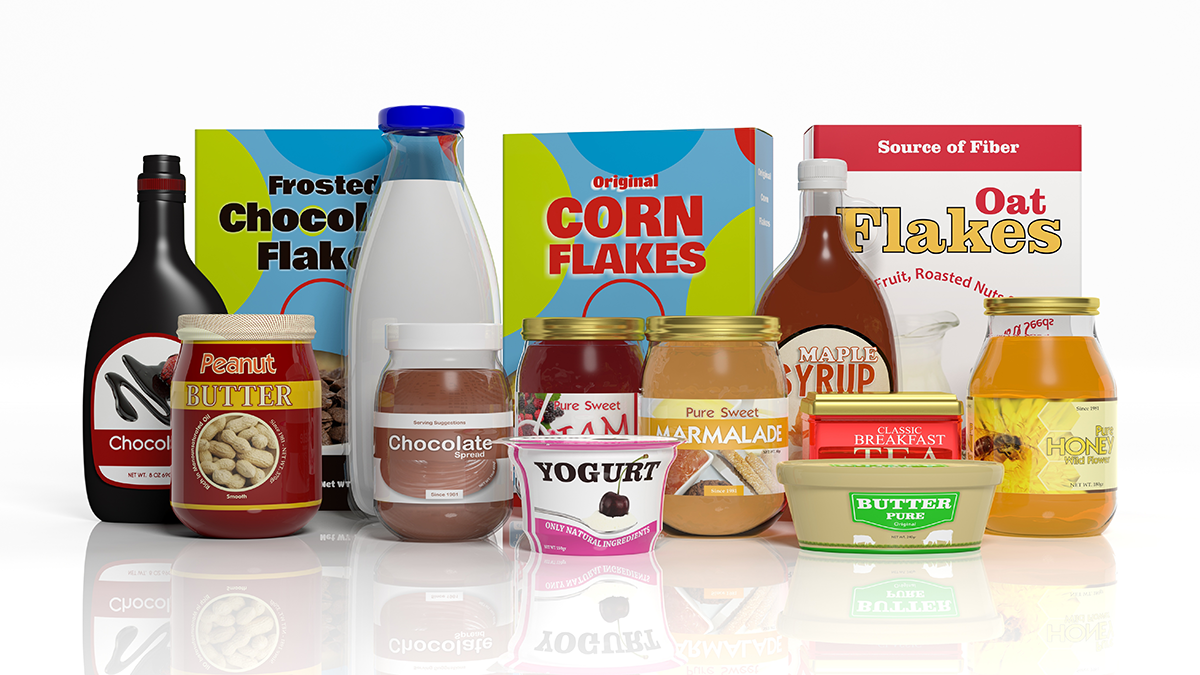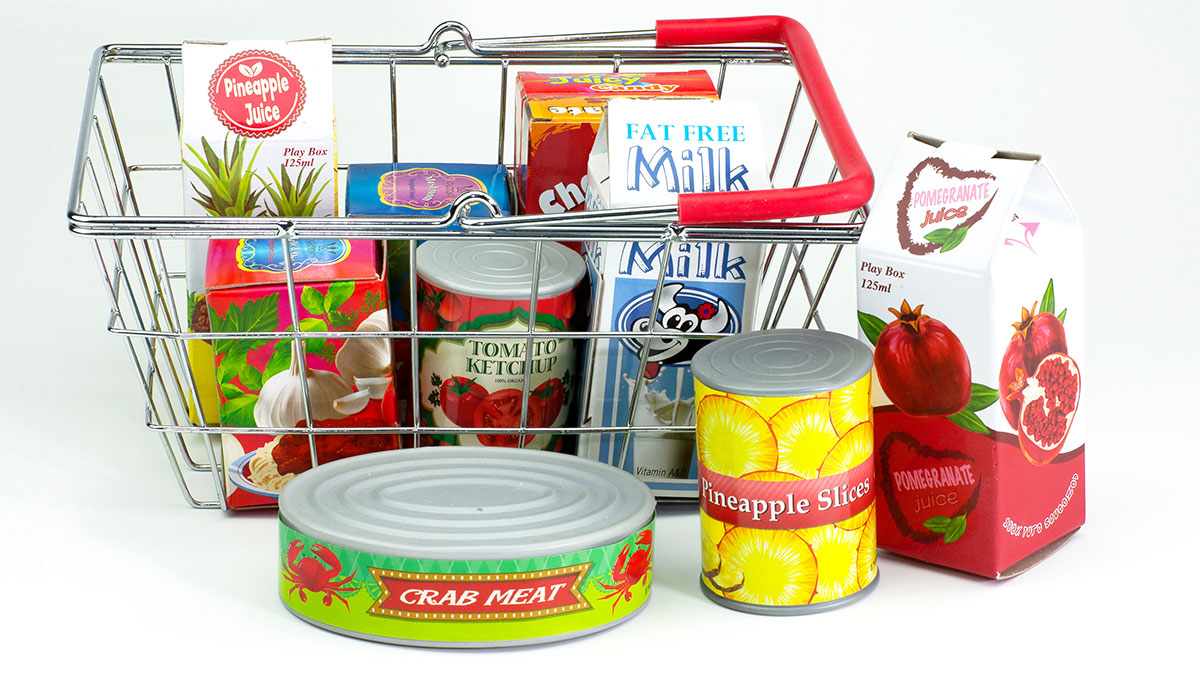By Doug Baker, Vice President, Industry Relations - Private Brands, Technology, Food Marketing Institute
Private brands have become full-fledged brands in their own right, as evidenced by 69 percent of consumers saying it’s very or somewhat important to have a good assortment of private brands in food and beverage. These own-brand products continue to make strides and hit an upward growth trajectory again.
As consumers continue to explore new products based more on attributes and less on the brand providing them, retailers are quickly positioning their own brands to differentiate as a competitive strategy. The FMI Private Brand Leadership Council stays on top of these trends with the second release of the Power of Private Brands research. To dive deeper into private brand topics and insights throughout the year, the council broke up the research into four separate releases:
-
Power of Private Brands – From the Register, which focuses on metrics and benchmarking;
-
From the Consumer looks further into consumer preference and acceptance;
-
From the Industry revisited key metrics with retailers and manufacturers from 2017 to benchmark improvements in collaboration and strategy; and
-
From the World, explores European performance and debate the opportunity for the U.S. to mature to European private brand shares.
In addition to premier consumer and operational insights, the Private Brand Council hosted its fourth-annual D.C. Summit, an event developed by and for private brand stakeholders. The unique style of the summit encourages share-group-style discussion on four-to-five key topics identified by the Council. In 2018, the group explored consumer trends, the shift from private label to private brand, and the change from price-only programs to consumer-needs programs. The group also explored how private brands will compete, how the industry will address data accuracy challenges, and changes needed with trading partner collaboration based on the new challenges presented by the digitally engaged food shopper.
There is a strong opinion from industry that based on the current momentum from consumer acceptance, the private brand dollar share could double from the current 15 percent average to almost 30 percent in the next 10 years. It’s an exciting time for private brands, and I predict 2019 will be more fast paced than 2018.
More On Private Brands


 Industry Topics address your specific area of expertise with resources, reports, events and more.
Industry Topics address your specific area of expertise with resources, reports, events and more.
 Our Research covers consumer behavior and retail operation benchmarks so you can make informed business decisions.
Our Research covers consumer behavior and retail operation benchmarks so you can make informed business decisions.
 Events and Education including online and in-person help you advance your food retail career.
Events and Education including online and in-person help you advance your food retail career.
 Food Safety training, resources and guidance that help you create a company food safety culture.
Food Safety training, resources and guidance that help you create a company food safety culture.
 Government Affairs work — federal and state — on the latest food industry policy, regulatory and legislative issues.
Government Affairs work — federal and state — on the latest food industry policy, regulatory and legislative issues.
 Get Involved. From industry awards to newsletters and committees, these resources help you take advantage of your membership.
Get Involved. From industry awards to newsletters and committees, these resources help you take advantage of your membership.
 Best practices, guidance documents, infographics, signage and more for the food industry on the COVID-19 pandemic.
Best practices, guidance documents, infographics, signage and more for the food industry on the COVID-19 pandemic.
